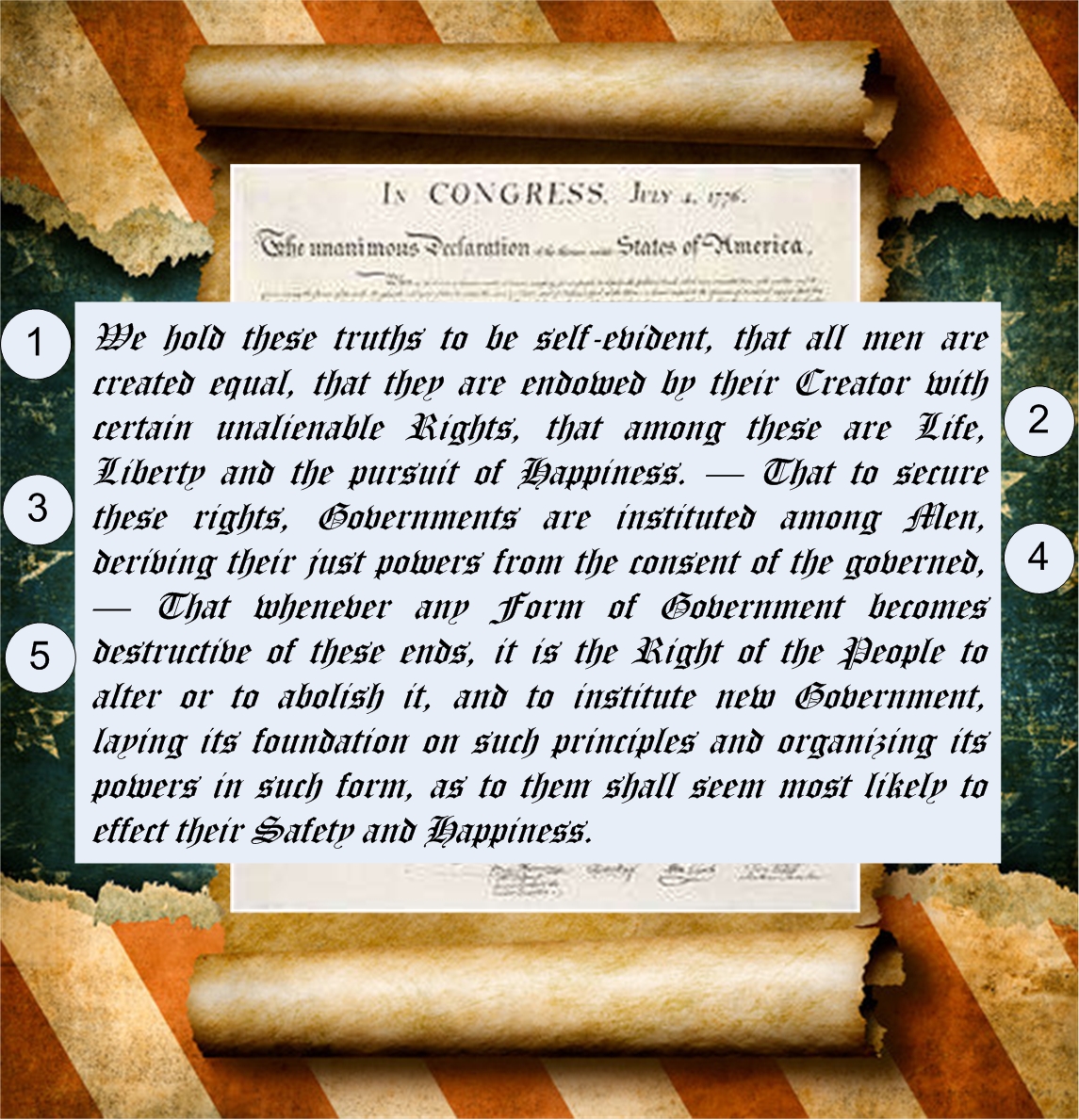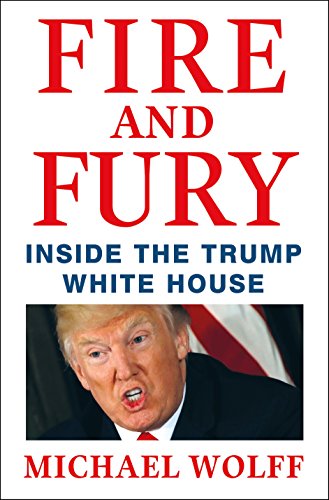Simple, Practical Grand Juries
By Brian R. Wright
Note: This column is the standin for my book until it’s done: The Accountability Project, which addresses the the problem of political corruption in Michigan with a simple, practical rollout of people’s First Principles’ independent grand juries. Most of the key ideas for implementation are included here, but not the heartwrenching personal stories of a mere handful of the thousands of living, loving, peaceful human beings crushed by public officials running amok on their abuse of power and unspeakable crimes of corruption.
When the book is complete, the above paragraph will include the hyperlink to it.
 [From ‘notes on a napkin,’ 03/18/18. The idea is to proceed from our country’s First Principles and have the states, then the federal government, enable, facilitate, and obey (not own, control, and dictate) the people’s institution of grand juries. Note: This grand jury template and federal derivatives will be featured in my upcoming advocacy book, The Accountability Project. — bw]
[From ‘notes on a napkin,’ 03/18/18. The idea is to proceed from our country’s First Principles and have the states, then the federal government, enable, facilitate, and obey (not own, control, and dictate) the people’s institution of grand juries. Note: This grand jury template and federal derivatives will be featured in my upcoming advocacy book, The Accountability Project. — bw]
First Principles’ Grand Juries
Phase 1 Implementation–State-County Level Jurisdictions
To be written in form of a bill for the Michigan legislature to pass:
[Name: The Accountability Act… additional verbiage]
[Purpose: Uphold the people’s First Principles against corrupt government]
It is anticipated and hereby accepted by the legislature that:
- Each of the 83 counties of Michigan shall accommodate a continuously sitting people’s independent grand jury (SIGJ) for exercising the people’s authority to directly monitor, investigate, and indict gross misconduct in office, violation of oaths, and abrogation of American First Principles (“We hold these truths…”) by public officials.
- Each sitting independent grand jury shall be composed, voluntarily, of 25 good and lawful persons who are not government employees or solely beneficiaries of state largesse, and who are Constitution-knowledge-and-fealty tested, randomly selected by lottery, acting with supreme authority over all state justice officials in the jurisdiction.
- The SIGJ grand jurors shall be compensated from the state treasury at 80% of the governor’s prorated salary for each session, and shall select a foreman, who shall select an independent counsel (IC) and private investigators (PIs) as needed; foreman and ICs/PIs shall be compensated at 100% of governor’s prorated salary.
- Session length, hours, working conditions, workflow, security and meeting requirements, empaneling of additional special grand juries, interface protocols to state and county officials, and so on shall be the prerogative of the SIGJ and developing common IGJ practice, except that as a general requirement it is anticipated grand juror identity will not be publicly known and full cost to the state treasury for all SIGJ and subjury sessions shall not exceed <$2 million> per year [January 2018 USD].
- The SIGJ of each county, as its primary mission, shall hear and rule on consideration of all reasonable complaints of corruption or criminal behavior of public officials and accomplices; it is the civic duty of all adult residents to report violations of oath of office and gross misconduct in office to the SIGJ.
- The SIGJ of each county, as its secondary mission, shall hear and rule on consideration of all reasonable filings by state justice officials alleging a crime by one individual(s) against another individual(s); the SIGJ for such person-to-person cases may either decide to itself investigate and send indictments back to the justice officials or set up a special SIGJ composed in the same manner as the primary SIGJ.
- State/county justice officials–judges, prosecutors, police, executives, etc.–work at behest of the SIGJ; when ordered or requested by SIGJ foreman and ICs/PIs to assist in investigating a case they do so as top priority; these officials, as a top priority, also promptly effect any public official indictments by bringing such individuals before a suitably composed and informed petit jury.
- The SIGJ retains full authority over the formation and function of the petit jury(s), assuring that all individuals–public or private–are accorded a fair trial, also by their peers, which shall have the same composition requirements as people’s grand juries, i.e. “not government employees or primarily beneficiaries of state largesse, and who are Constitution-knowledge-and-fealty tested, randomly selected by lottery…”
- Petit juries, like grand juries, do not belong to the state justice system, they belong to the people themselves, independently; judges, prosecutors, cops, etc., and defense attorneys are subservient to the petit jury via the foreman, who shall have the benefit of selecting independent counsel for aid and assist in assuring state officials conform to First Principles’ protocol and practice. Petit juries render verdicts based on conscience; they may judge law and fact, and nullify a prosecution at will.
- Any county SIGJ or SIGJ-designated special grand jury shall have authority to investigate and indict state public officials for malfeasance applying within their counties. However, the Accountability Act anticipates formation of a sitting state-level grand jury by the same means and adhering to the same founding principles as the county SIGJ. It is anticipated the State SIGJ will also serve as referee for conflicts among county SIGJs or cross-county acts of public official corruption.[1]

